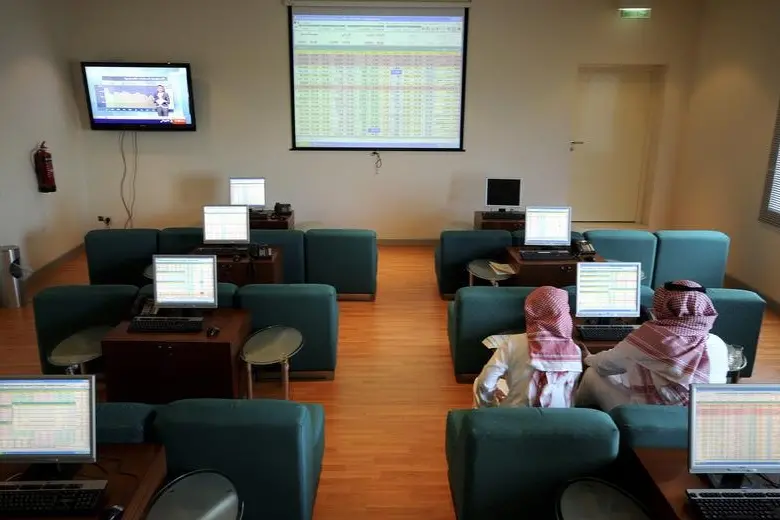PHOTO
2018 closed encouragingly for the GCC as it witnessed five IPO listings raising over $1 billion in the last quarter of the year. However, positivity dipped a little at the start of 2019 with only one IPO floated for the first quarter, compared to four IPOs worth $430 million, in the first quarter of 2018.
Sentiment
The excitement stemming from the economic reform agendas over the last 18 months may have calmed down on the back of continued geopolitical and macroeconomic pressures.
Nevertheless, raising $58 million, the Saudi Arabian IPO by Al Moammar Information Systems Company, remains a historic feat as it is the first ever IT company in the kingdom to list on Tadawul.
A recent report from PwC pointed out that the oil price increase in the first quarter of the year was cautiously received by investors, as it was mainly driven by OPEC agreements to reduce production. Expansionary policies, government incentives and continuing privatisation efforts in the region continue to assist in improving market sentiment.
“In the GCC, efforts to attract investments continue, with the UAE Government set to confirm the sectors eligible for 100 per cent onshore foreign ownership. Continued privatisation efforts across Saudi Arabia, Oman and Kuwait will also drive activity,” said Steve Drake, Capital Markets Leader at PwC Middle East.
“After a busy end to last year, 2019 started softly with just one IPO in the GCC during the first quarter. Global activity was also muted, with IPO proceeds more than halved compared to the same quarter in 2018. This is perhaps reflective of continuing geopolitical uncertainties including Brexit, the US-China trade war, and the longest ever shutdown of the US government.”
Healthy appetite for GCC paper
The GCC debt market continues to demonstrate growing strength, with sovereign issuances being a dominant factor. This was evident as the first quarter witnessed notable multi-tranche issuances by the State of Qatar ($12 billion) and the Kingdom of Saudi Arabia ($7.5 billion).
According to PwC, the inclusion of GCC sovereign bonds to JP Morgan’s Emerging Market Bond Index (EMBI) from January 2019 is expected to further boost the demand for GCC sovereign bonds, as evidenced by the over-subscription of the recent Saudi Arabia and Qatar bond issuances.
Corporate debt activity was also very active with a number of issuances in this quarter stemming from banking institutions, including a Tier 1 Sukuk by Dubai Islamic Bank and programme drawdowns by Qatar International Islamic Bank, Mashreqbank and First Abu Dhabi Bank. On the back of these, PwC foresees a significant spike in GCC debt activity with the debut issuance by Saudi Aramco in Q2.
Expectations
“Looking ahead, we expect some rebound in the level of GCC IPO activity with a number of companies in the region having announced their plans to list in the next 12 to 18 months.
On 10 April 2019, Network International, the largest payment services provider in the region, priced its London Main Market premium IPO, raising proceeds of over $1 billion—becoming the largest IPO on the London Stock Exchange so far in 2019,” highlighted Drake.
He affirms that the region’s debt market continues to be active, with debt products proving to be of interest to investors. “In addition to the seasoned bond issuers, the quarter also witnessed a debut debt offering—Almarai’s $500 million Sukuk.
With the significant oversubscription of Saudi Aramco’s first ever bond offering on 9 April, we move into the second quarter of the year on an optimistic note.”
© 2019 CPI Financial. All rights reserved. Provided by SyndiGate Media Inc. (Syndigate.info).





















